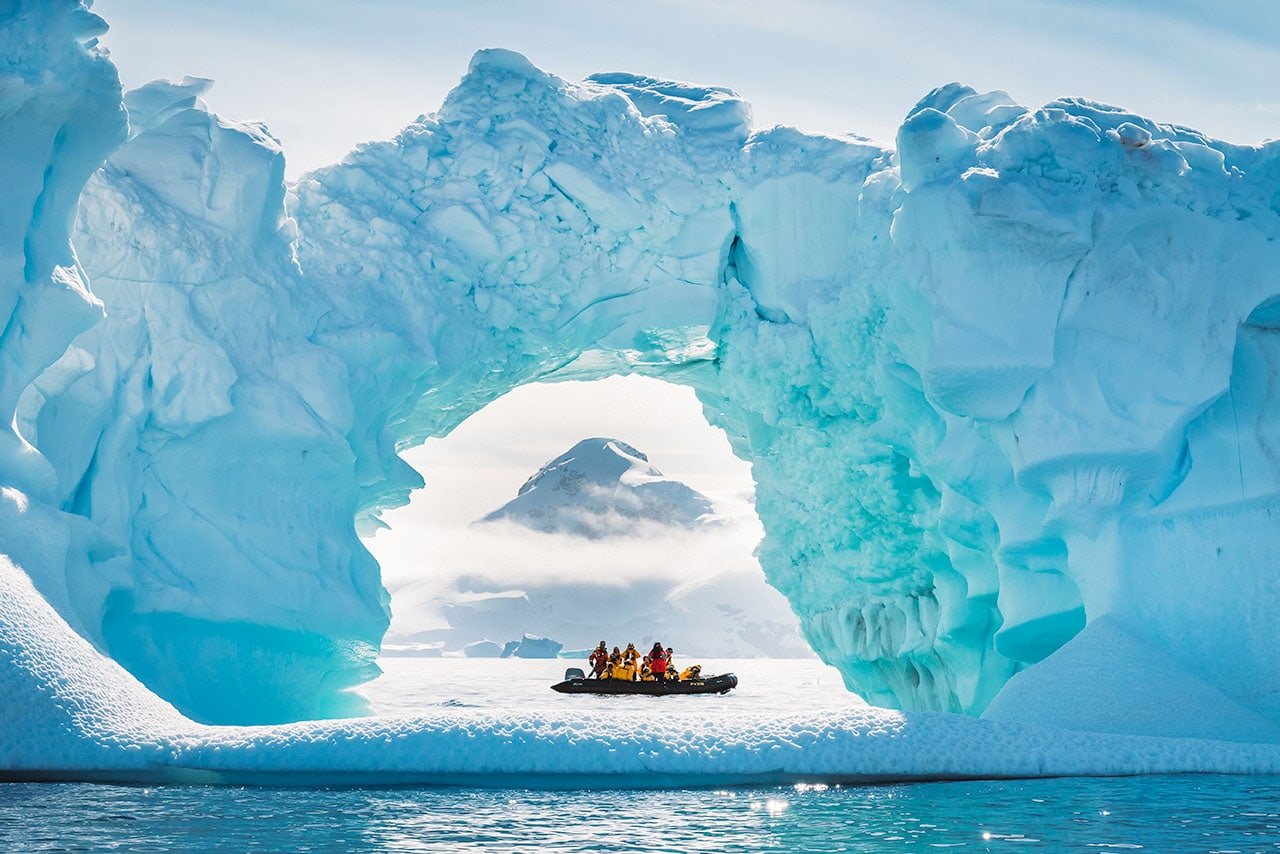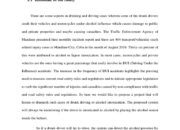Antarctica, often romanticized as a vast, desolate wilderness at the bottom of the world, serves as an enduring frontier for scientific inquiry. Its formidable landscapes, consisting predominantly of ice sheets and glacial formations, beckon researchers intrigued by terrestrial extremes. While questions about the continent often revolve around the allure of adventure and isolation, a more profound inquiry emerges: How does this frigid expanse act as an unparalleled laboratory for climate science, biology, and glaciology? Additionally, what challenges do researchers face in this obscure frontier, and how do these challenges shape their scientific endeavors?
The Antarctic ecosystem is among the most sensitive on Earth, profoundly impacted by climatic fluctuations. Purposeful study in such an environment yields monumental insights into climate change, as the region acts as both a barometer and amplifier of global temperature dynamics. Researchers often find themselves confronting a conundrum: while the data collected in this remote environment is potentially revolutionary, the very nature of the continent poses significant logistical hurdles.
The harsh meteorological conditions prevalent in Antarctica necessitate meticulous planning. The extreme cold, coupled with unpredictable weather patterns, raises critical issues concerning the safety and well-being of researchers. How does one navigate the tenacity of icy winds and sub-zero temperatures while conducting vital research? The confluence of cutting-edge technology and traditional fieldcraft becomes paramount. Utilization of technologically advanced gear, such as insulated tents and heated clothing, facilitates research expeditions, but the environment continually tests the resilience of these innovations.
Furthermore, the logistical challenge extends beyond personal safety to include transportation and supply chain management. The remoteness of research stations and field sites necessitates complex supply routes that often involve airlifts. These considerations raise additional questions regarding sustainability and environmental ethics. Is it prudent to continually transport non-renewable resources to such an isolated region? Researchers are increasingly tasked with reconciling the imperatives of scientific advancement with environmental stewardship.
Within the scientific community, ongoing investigations in glaciology reveal that Antarctica’s ice sheets contain invaluable climate records, offering a glimpse into past epochs. Ice cores extracted from vast glaciers enable the reconstruction of historical atmospheric conditions, providing a narrative of Earth’s climatic evolution. As we analyze stratified layers of ice, we encounter a parable of resilience; encapsulated gas bubbles act as time capsules, revealing atmospheric compositions through millennia. Yet, as this research unfolds, researchers grapple with questions of temporal relevance: Are we witnessing a disruption of natural cycles, or is this merely a phase in the planet’s climatic saga?
Ecological research in Antarctica challenges our understanding of biodiversity. Inhabitants of this polar wilderness, ranging from resilient microorganisms to apex predators such as seals and penguins, exhibit remarkable adaptations. Each organism’s existence speaks to an innate struggle for survival in extremities of temperature and food scarcity. However, one might ponder: How will these species react to antagonistic forces introduced by climate change, including ocean acidification and habitat alteration? The unraveling of these questions positions Antarctic species as critical subjects within broader ecological studies, prompting the need for conservation strategies amid global ecological shifts.
Simultaneously, the study of microbial life in Antarctica remains a burgeoning field. Remarkably, life flourishes in extreme conditions, with microbial communities exhibiting adaptations that allow them to thrive under stress. The potential discovery of unique biochemical mechanisms propels forward both industrial and pharmaceutical applications. Yet, researchers are confronted with an ethical dilemma: How should we balance the benefits of bioprospecting with the ecological integrity of these pristine environments?
Moreover, international collaborations in Antarctic research are as vital as they are complex. The Antarctic Treaty System, established to promote peaceful cooperation in scientific research, underscores the necessity of collaboration amid geographical and political challenges. Questions arise regarding sovereignty, resource allocation, and environmental preservation. How can diverse nations harmonize their interests while fostering a spirit of unity in the face of climate adversity? The essence of successful collaboration lies in open dialogue and mutual respect, pivotal elements for harnessing the full potential of Antarctic expeditions.
In recent years, investment in advanced satellite technologies has revolutionized our understanding of polar dynamics. Remote sensing and satellite imagery allow for extensive monitoring of ice movement and climate change indicators with unprecedented precision. Yet, this technological proliferation evokes concerns regarding data interpretation. As data-derived decisions gain prominence, how do we prevent the distortion of results stemming from misinterpretation or biases inherent in methodologies? This burgeoning reliance on technology drives an ongoing discourse about the transparency of research processes and the necessity for interdisciplinary approaches.
In conclusion, Antarctica presents a myriad of interdisciplinary research opportunities that demand rigorous inquiry and reflection. The challenges faced by researchers navigating this inhospitable terrain profoundly shape their scientific explorations. From grappling with climatic nuances to ethical considerations surrounding local ecosystems, the journey into this remote frontier is both daunting and enriching. As climate change accelerates and global attention shifts southward, Antarctica’s role in shaping our future resonates unmistakably, compelling a collective response from the global scientific community. Whether as a vast ice-covered laboratory or a poignant symbol of resilience, Antarctica undeniably beckons researchers to engage deeply with the mysteries it harbors, posing critical questions that may, in time, yield transformative answers.












